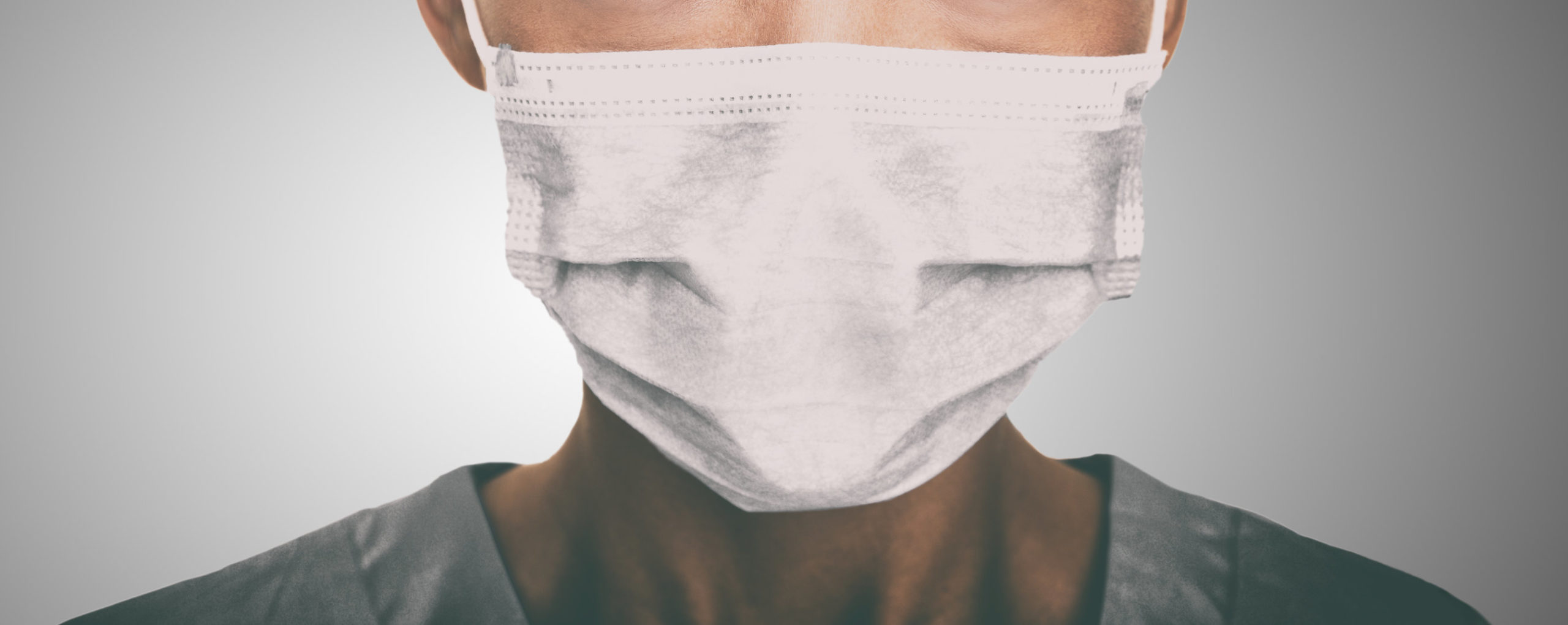The term rehabilitation is being used far more frequently in the press recently for good reason, but does everyone understand what it really is?
Rehabilitation is a set of interventions needed when a person is experiencing or is likely to experience limitations in everyday functioning due to ageing or a health condition, including chronic diseases or disorders, injuries or traumas[1]
Typically, occupational therapists working in rehabilitation settings would see patients/clients recovering from a stroke, brain injury, orthopaedic trauma or many other life changing events so we need to understand why this is important for Covid-19 survivors.
What are the long-term effects?
At this stage, just 4 months after the disease was recognised, far more is known about mortality, range of severity of symptoms and early disability, than about the long-term consequences of this condition[2] however we do know that there are a range of presentations and complications (table 1) that impact on long-term recovery and return to pre-morbid health and engagement.
Table 1: Complications in patients recovering from Covid-19[3]
Most frequent Common but less frequent
|
o Stroke o Pulmonaryembolism
syndrome.
|
This information provides a general picture of what some patients recovering from Covid-19 can present with, further highlighting longer-term impacts.
However, with many rehabilitation services commissioned support single conditions such stroke, rather than reflecting need[4], how do occupational therapists not associated with such services ensure that rehabilitation is provided to those who need it, when they need it and where they need it?
Supporting recovery
There will be some people, in particular but not exclusively those with multiple co-morbidities, who find recovery/return to good health a longer-term struggle. There is no ‘silver bullet’ in supporting those patients/clients so it is important to re-evaluate the role that occupational therapists play in rehabilitation generally but with a focus on symptoms and consequences listed in table 1.
Consider the following points:
- It is crucial, as in all areas of practice, to understand what is meaningful to the person in order to support meaningful goals and re-engagement in those activities.
- Consider what purposeful elements impact on the meaningful task so that a graded approach can be supported.
- Rehabilitation plans should be occupation focused.
- Review your approach with an overall rehabilitative goal. For example, you may need to compensate or adapt initially as part of a graded rehabilitation approach. This could include equipment provision, either on discharge or beyond, to support independence and reduce responsibility of others.
- Take care to consider the increased risk of falls during recover for those who are deconditioned. Proactively managing those risks will allow a safer and more effective recover both physically and psychologically.
- As always, consider the impact of the environment on the person and their engagement in activity.
Communication on the benefits of engagement in occupation must be made clear. Now more than ever the public are aware of the impact of reduced freedom to engage in meaningful activity both on their physical and mental health.
The way in which occupational therapists use activity analysis to assess and plan allows meaningful activity to play a crucial role in the multi-disciplinary rehabilitation plan. For example, enabling access to the garden and the activity of gardening itself supports development of exercise tolerance, core/dynamic balance, muscle strength, orientation as well as impacting positively on mood through connection with nature, society and removal from the sick role. Developing these strengths also significantly reduces the risk of falls.
Occupational therapists are going to play a key role in post Covid-19 recovery, and it is important we all remember, regardless of which clinical service we work in, that ‘rehabilitation is not a disability-specific service for those with long-term impairments. Nor is it a service only for people with physical impairments. Rather, rehabilitation is a core part of effective health care for anyone with a health condition, acute or chronic, impairment or injury that limits functioning, and as such should be available for anyone who needs it.’ [5]
[1] https://www.who.int/news-room/fact-sheets/detail/rehabilitation Accessed 11/05/20
[2] https://www.bsrm.org.uk/downloads/covid-19bsrmissue2-9-5-2020-forweb11-5-20.pdf Accessed 11/05/20
[3] https://www.bsrm.org.uk/downloads/covid-19bsrmissue2-9-5-2020-forweb11-5-20.pdf Accessed 12/05/20
[4] https://www.rcot.co.uk/node/3474
[5] https://www.who.int/news-room/fact-sheets/detail/rehabilitation Accessed 12.5.20




